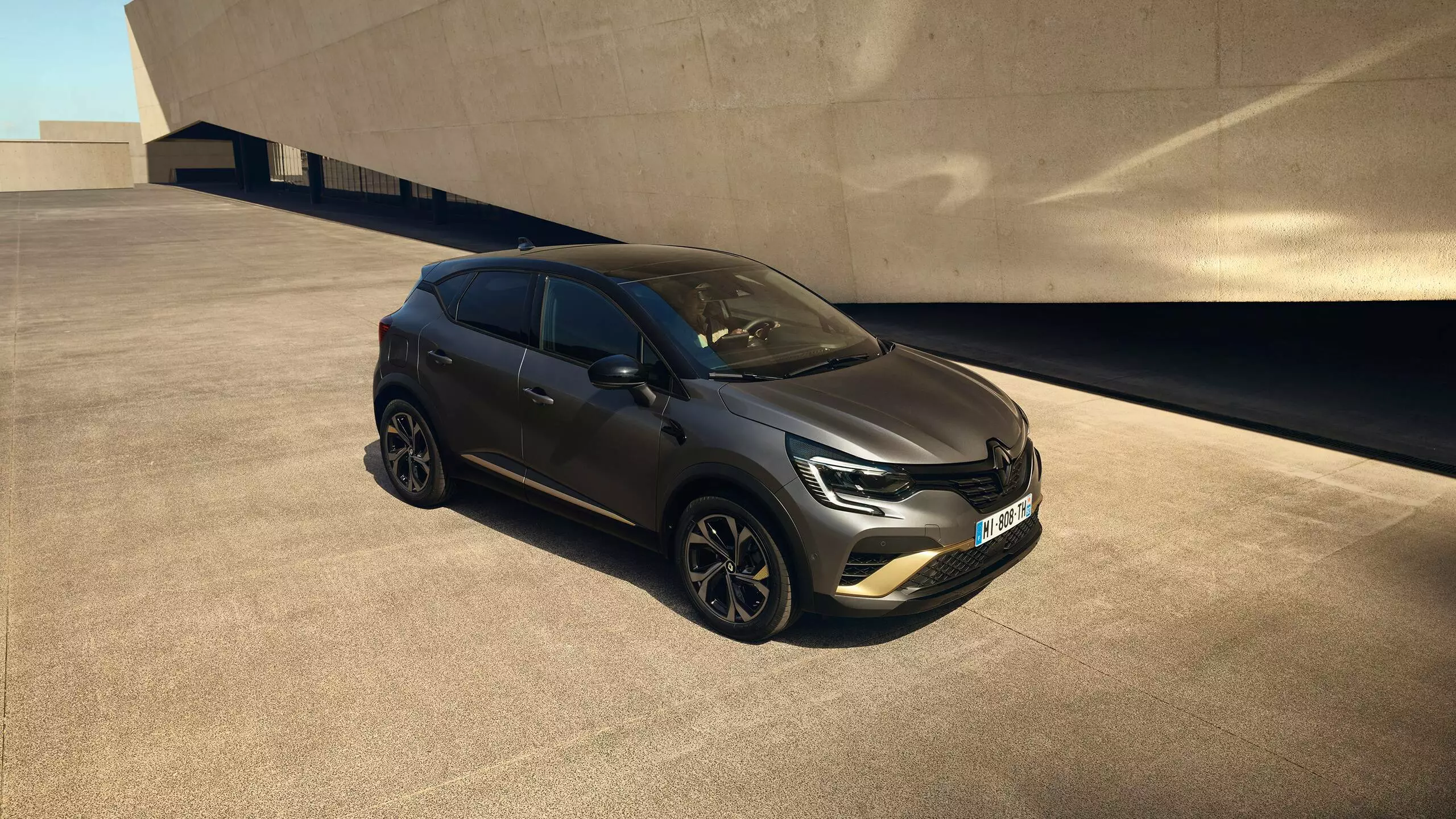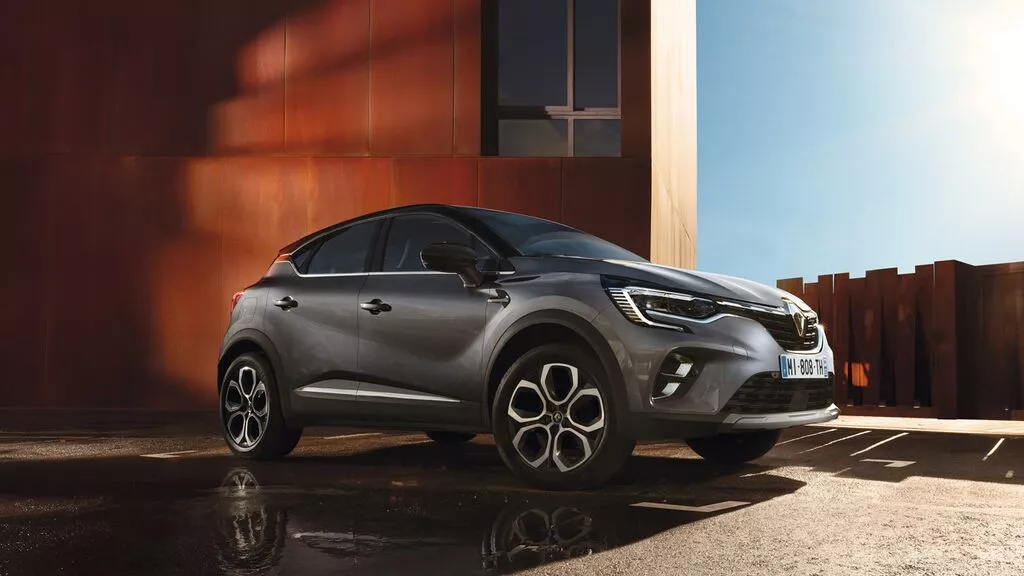How we drive reach and conversions for Renault with Conversions API
More measurable conversions with server side tracking
By combining Conversions API (CAPI) with Meta Pixel, we helped Renault to increase its reach and conversions while decreasing its cost per result.
Ahead of the imminent dissolution of third-party cookies, brands are focusing their attention on first-party data with ever-increasing frequency – with iconic brand Renault being one of them. Having previously relied on Meta Pixel to track user interaction on its website, the French vehicle and engine manufacturer was eager to find an alternative solution in an ever-evolving commercial space.
In collaboration with Renault’s media agency OMD, we advised the multinational to diversify its approach by incorporating CAPI into its strategy. In doing so, Renault learned that it could soon replace Meta Pixel with the server-to-server tool, in order to successfully track conversions.

